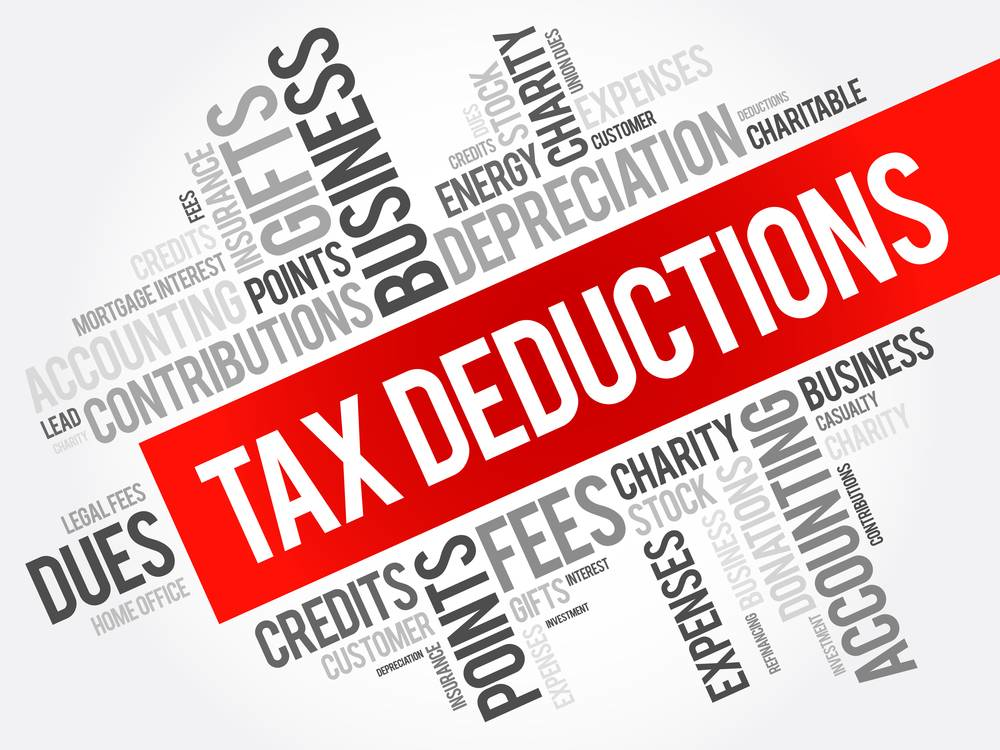In a year full of tax law changes, the Illinois CPA Society has highlighted potential hidden savings for all types of taxpayers this tax season. Below are some of the steps savvy taxpayers can consider to cash in on some extra tax-time savings.
- Make IRA contributions at any age. The SECURE Act ended the age restriction on contributions to IRAs—now taxpayers can continue lowering their taxable income by contributing to their Traditional IRAs. The 2020 limit for IRA contributions is $6,000, or $7,000 if you’re aged 50 or older.
- Cash out a retirement plan to welcome a child. The SECURE Act allows for penalty-free early withdrawals from qualified retirement plans to cover the costs for qualified births or adoptions.
- Skip a required minimum distribution (RMD). Required minimum distributions have been waived for 2020 thanks to the CARES Act, allowing retirees who don’t need the money now to avoid cashing out investments that may be depressed due to COVID impacts or that have grown substantially during the market rally, thus lowering their taxable income for the year. And for those qualified for coronavirus-related distributions, the 10 percent early withdrawal penalty is waived on distributions up to $100,000.
- Expand 529 education savings. The SECURE Act expanded 529 education savings accounts to cover more costs, including those for registered apprenticeships; homeschooling; up to $10,000 of qualified student loan repayments (including those for siblings); and private elementary, secondary, or religious schools.
- Collect your full economic impact payment. The government’s much-discussed stimulus checks, or economic impact payments, are treated as advance refunds of a 2020 tax credit. If you didn’t receive your payment in full, or at all, you can claim the difference you’re eligible for as a credit on your 2020 return.
- Take advantage of student loan relief. A provision in the CARES Act provides a temporary income tax exclusion for individuals who get student loan repayment assistance from their employer. If you receive student loan repayment assistance through your employer, they can contribute up to $5,250 through December 31 while keeping it excluded from your taxable income.
- Give a little, get a little. Even if you don’t itemize deductions on your tax return, the CARES Act offers a provision where your charitable cash donations of up to $300 to qualified charities could earn you a matching tax deduction of up to $300 if the donations are made before December 31.
There’s a lot for taxpayers to take advantage of this year to ease their tax burdens and boost their tax refunds. The Illinois CPA Society reminds taxpayers that while everyone’s tax situation is different, a certified public accountant (CPA) is strategically positioned to help determine the best ways to maximize tax deductions and tax refunds. The Illinois CPA Society’s free “Find a CPA” directory can help individuals find the trusted, strategic advisors that are right for them based on location, types of services needed, and languages spoken.
Find your CPA at www.icpas.org/findacpa.
Thanks for reading CPA Practice Advisor!
Subscribe Already registered? Log In
Need more information? Read the FAQs




